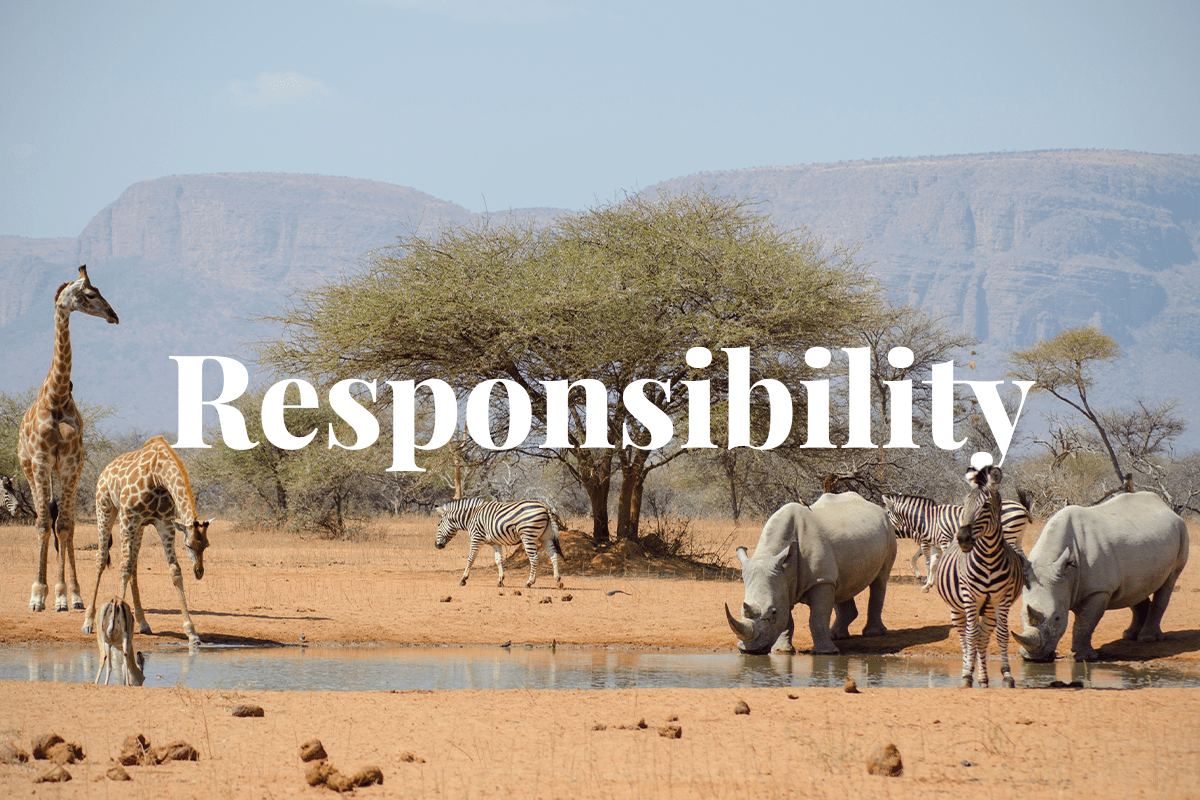A new study has shown that infrastructure development poses a significant threat to biodiversity and the habitats it depends on. Infrastructure, including residential and commercial development, transport, energy production, mining, and dams, is identified as a threat to almost half of the threatened species on the International Union for Conservation of Nature (IUCN) Red List. The impact of infrastructure on biodiversity has been widely highlighted, along with its consequences of conversion and fragmentation of natural habitats, pollution, and direct mortality.
 Safari biodiversity, South Africa.
Safari biodiversity, South Africa.
The study, which is the first of its kind, examined the prevalence of current and potential future infrastructure within the global network of 15,150 terrestrial key biodiversity areas (KBAs). These areas represent a comprehensive network of vital areas for biodiversity, and the prevalence of infrastructure in KBAs has not previously been described. Using a range of open and commercial spatial datasets related to infrastructure, researchers found that at least 80% of KBAs contain infrastructure, and 75% of KBAs have roads.

Furthermore, the potential future development of mines, oil and gas infrastructure, and power plants suggests a significant increase in the amount of KBAs that may contain such infrastructure types. This increase could be as high as 292% for mines, disproportionately affecting some countries more than others.
The researchers noted that more effective application and wider adoption of safeguards are needed to ensure infrastructure development avoids serious negative impacts on biodiversity. Further work is also needed to determine how different infrastructure types affect the species and ecosystems for which KBAs have been identified.
Read more: Why is biodiversity important?
Infrastructure development is expected to expand under current trends, with infrastructure funding projected to double in Africa by 2025. The expansion includes urban development, mining and energy production, and in particular, roads and powerlines. One of the largest global initiatives to expand infrastructure is China's Belt and Road Initiative, focusing on Eurasia, Asia, and Africa. Global road systems are likely to increase by more than 25,000,000 ‘lane-kilometres’ and rail systems by 300,000 ‘track-kilometres’ by 2050, with most expansion in the southern hemisphere.
This study highlights the urgent need for more responsible and sustainable infrastructure development that considers the impact on biodiversity and habitats. With the world facing a biodiversity crisis, the preservation of KBAs is vital to protecting the Earth's species and ecosystems.
The projects developed by DGB Group aim to support nature to flourish above all else. That means using sustainable strategies in all our projects which bring long-term benefits for the ecosystems and ultimately support biodiversity prosperity.
Learn more about DGB’s projects and their beneficial impacts


